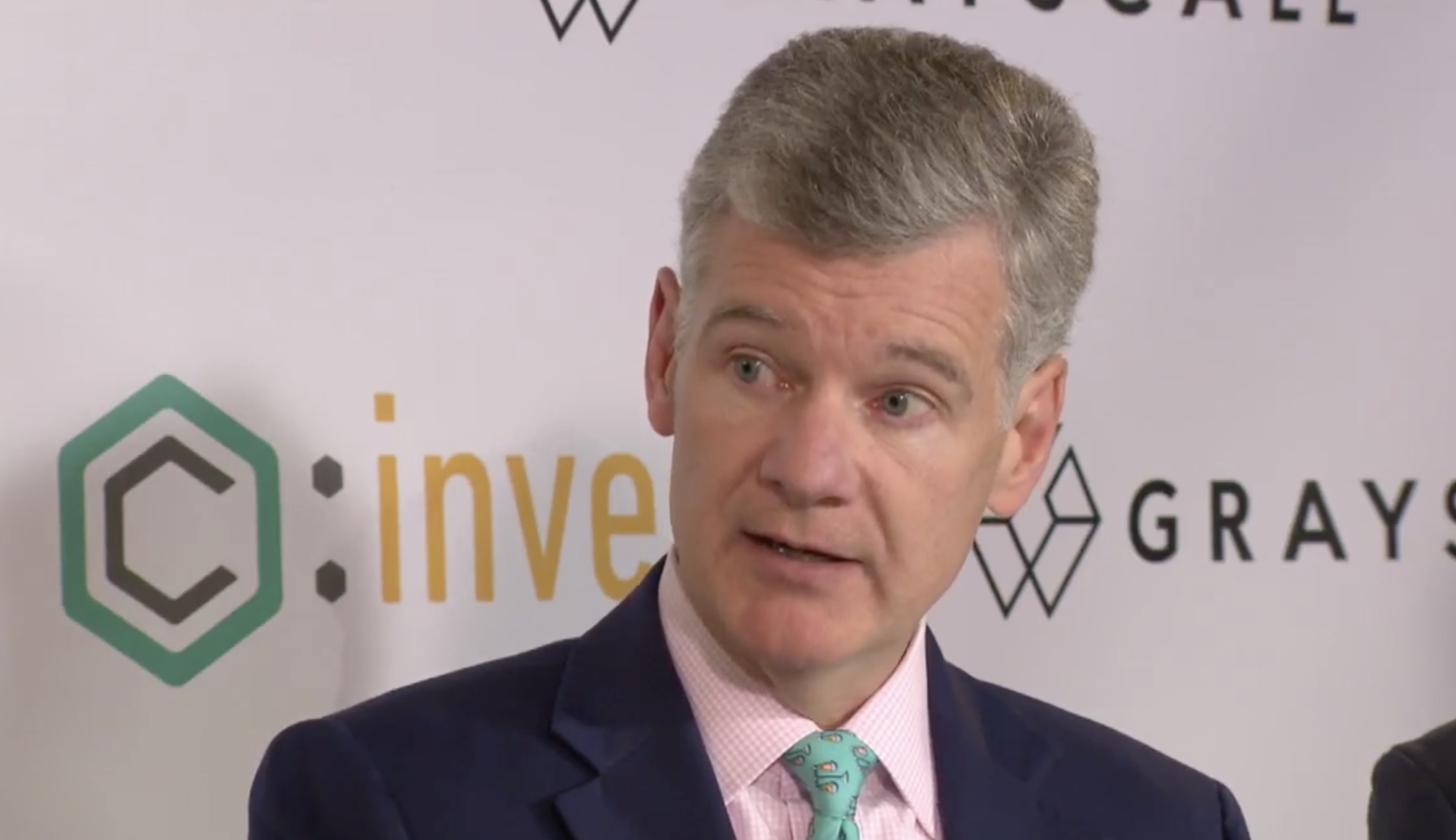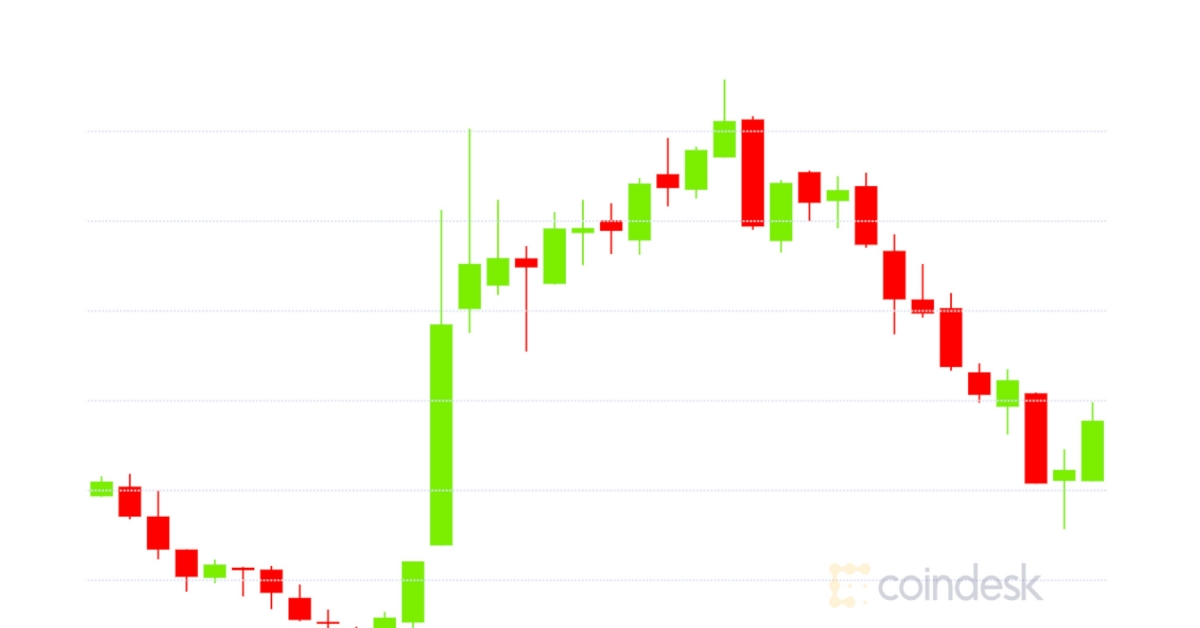Man Who Accidentally Sent $527M in Bitcoins to Dump Sues Local Council to Retrieve Them: Report
-
A British man has filed a legal claim against a local council in an attempt to retrieve a hard drive containing 8,000 BTC he accidentally threw out in 2013.
-
Howells assembled a team to carry out a $13 million excavation of the landfill, which would take between 18 and 36 months to carry out with a further year of remediation work.
-
The council has rejected the request out of environmental concerns.
A British man has filed a legal claim against a local council in Wales in an attempt to retrieve a hard drive containing 8,000 BTC that he accidentally threw out in 2013, according to news website WalesOnline.
The story of James Howells, 39, is well known in Bitcoin lore. In 2013, Howells accidentally threw out a nhard drive containing his bitcoin stash that he had mined in 2009, worth around $1 million at the time but now worth about $527 million.
Over the last decade, Howells has made requests to Newport Council – proprietors of the landfill where the hard drive ended up – to retrieve it, but he claims he has been “largely ignored.” He is now suing the council for damages of 495 million pounds ($646 million), representing the peak valuation that 8,000 BTC reached earlier this year.
The case is due to be heard in December this year, but Howells said that his aim is to “leverage” the council into agreeing to an excavation of the site in order to avoid a legal battle, according to the report.
Howells assembled a team to carry out a $13 million excavation of the site, which includes the council’s former head of landfill, who claims to know the particular area where the hard drive is now located.
The excavation would take between 18 and 36 months to carry out with a further year of remediation work, which the council has rejected out of environmental concerns.
“I’m still allocating 10% of the value for the council even though they have been problematic throughout,” Howells said, according to the report. “That would be 41 million pounds based on today’s rate but in the future it could be hundreds of millions.”









